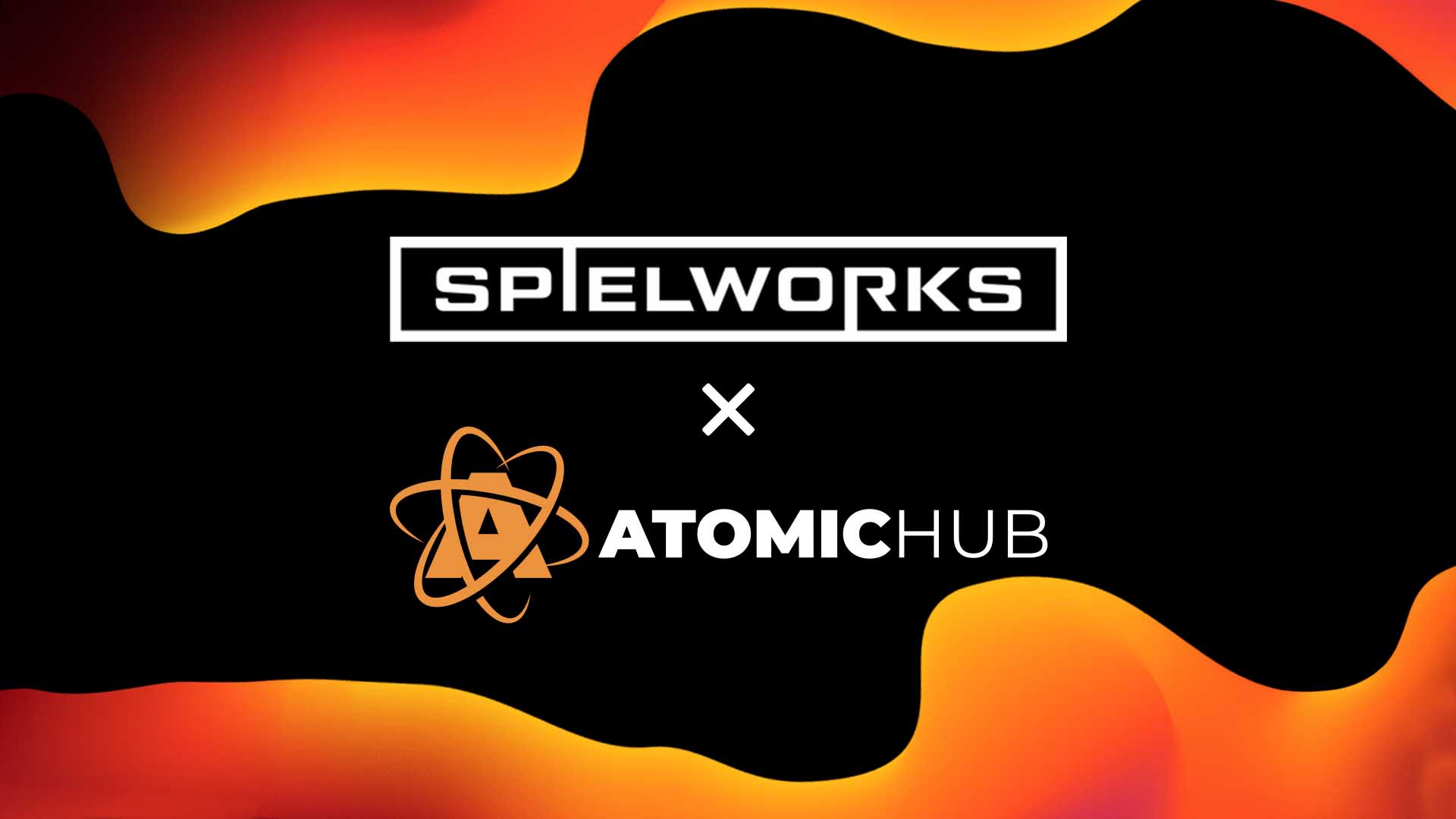In March, PayPal took significant strides towards establishing its proprietary blockchain ecosystem. Currently, the company announced its plan to create an NFT marketplace.
The platform submitted a patent application for a system to facilitate purchasing and transferring NFTs. The application, published on September 21, outlines a method for executing NFT transactions, whether on-chain or off-chain.
The pending patent application outlines a user-friendly system that enables users to engage in NFT buying and selling. Although it does not specify the provider’s identity, the system offers the services of a third-party provider.
When a first user, linked to a service provider through a first identifier and first digital wallet, requests to execute a transaction to purchase an NFT on the NFT marketplace, the system receives the request.
Upon confirming that the specified source address belongs to a second user, who is also associated with the service provider through a second identifier and second digital wallet, the system updates the identifier linked to the NFT from the second user’s second identifier to the first user’s first identifier. Notably, the application references Ethereum in its content.
The system possesses adaptability through various mechanisms. For instance, it can tailor its functionality by dispersing governance tokens. Additionally, it allows users to engage in fractionalized purchases and claim partial ownership of the NFT. These governance tokens also confer voting rights upon users and can subsequently be traded akin to conventional tokens.
An omnibus wallet, closely linked to the service provider, efficiently oversees off-chain transactions. This omnibus wallet seamlessly integrates both the buyer’s and seller’s wallets, simplifying the monitoring of off-chain transactions.
PayPal’s published document outlines various methods for tailoring its system. For example, it discusses adapting for fractionalized purchases by distributing governance tokens that users can trade. It also explores the enhancement of NFT liquidity through a platform operated by a DAO affiliated with the service provider.
PayPal states that its system can accommodate any currency. The company has incorporated blockchain-related features, such as the MetaMask Wallet, PayPal USD, and Ethereum (ETH), into its platform.
In August, PayPal introduced its proprietary digital currency known as PayPal USD (PYUSD), which operates on the Ethereum blockchain.
Furthermore, the company has partnered with crypto security company Ledger, enabling users to access on-ramp payment solutions. This collaboration empowers customers to buy cryptocurrencies directly through their verified PayPal accounts using the Ledger Live app.
 Lifted A.
Lifted A.













